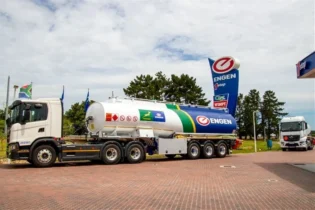Eqstra Fleet Management offers the following tips to fleet managers:
Reducing fleet expensesCarry out a quarterly analysis of performance and progress reports to spot trends in vehicle performance and driver behaviour. Quarterly or same quarter year-on-year analysis of the summarised fleet expense report looks at the progress of all fixed fleet expenses such as depreciation, taxes, and administration fees, as well as variable expenses such as vehicle maintenance costs, vehicle accident repairs, fuel expenses, etc. With fuel contributing up to 48% of fleet costs, fuel cards are a particularly useful tool in this regard. Information supplied from the fuel card will indicate which vehicles are correctly utilised – swapping routes and improving driver behaviour can make a significant impact on fuel consumption. Driver productivity
Driver productivity and behaviour play an important role contributing to vehicle usage maximisation and vehicle performance. Quarterly monitoring of vehicle statistics will highlight those drivers who have developed bad driving habits – regular speeding, excessive braking, excessive idling, fines, etc. This allows the fleet manager to institute a programme of driver training, thereby improving driver behaviour and reducing fuel and fleet costs.
Vehicle depreciation plays a significant part in fleet costs and, as it impacts on the vehicle resale value, must be correctly calculated. When managing vehicle depreciation, fleet managers should consider two elements, these being:
Replacement cycleConsult with the manufacturer to understand and avoid that period where normal wear and tear could cause some form of failure. To allow for good replacement planning, manage replacement reports that monitor service scheduling. Accurate mileage analysis impacts on a number of factors such as the vehicle replacement period, contract restructure, vehicle swap, tyre replacement cycles, scheduled maintenance, etc. Total depreciation
Fleet managers need a report outlining the total depreciation of the vehicle, including the operational cost accumulated throughout the vehicle’s life. A summary of all such costs helps to determine the full selling unit expenses. It is also vital to ensure that the resale market can absorb the price of the vehicle.







